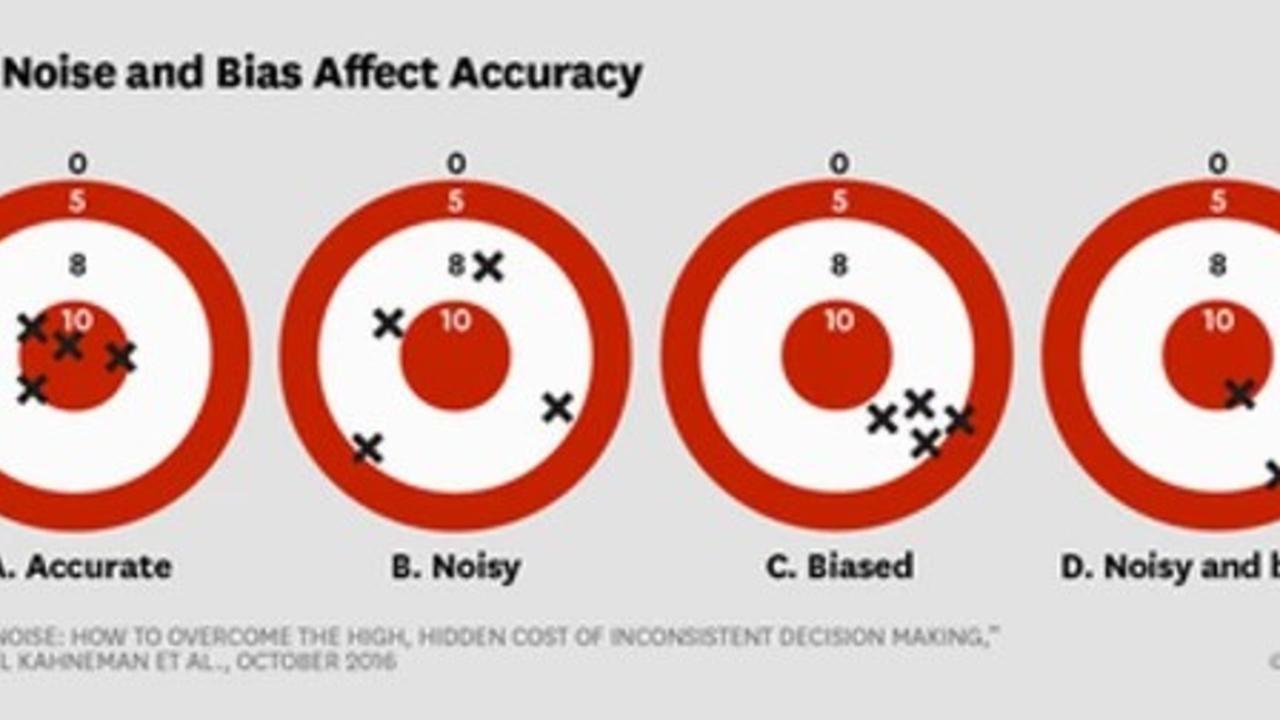People are generally regarded in one of the following ways when under pressure:
1. Those who make effective decisions and judgments
2. Those who take irresponsible shortcuts
3. Those who make intentionally incorrect decisions
4. Those who stick their head in the sand
Why?
When under pressure, your brain is trying to make sense of things and it's trying to do this under difficult conditions - i.e. when tired, stressed or overwhelmed. Executive thinking (the thinking required to make good decisions and judgments) occurs when your brain can interpret information in a logical manner in order to make correct decisions. When stressed, it is harder for your brain to put the pieces of information together in a way that serves you.
It's like the time I sprinkled paprika on my bircher muesli instead of cinnamon one very early morning. If errors can be made with decisions and actions that appear so straightforward, imagine what damage could be caused when faced with more challenging decisions?
During a time where automation is taking over the areas of work that don't require judgment, judgment becomes our new currency. 'Brain capital' becomes essential.
What to do?
It's simple. Turn down the noise. The challenge is that you'll need to recognise the noise and do it
How?
1. Get clear and reduce the noise. Be clear on your role on your team and in the deliverable. If you're not clear, get clear - now.
Have the conversation that is needed to clearly articulate your role.
2. Reduce subconscious motivational bias: Understand your natural motivations and tendencies - knowing this will help you identify how you will react during crunch times and therefore what specific strategies you need to implement.
Check out Daniel Kahneman's book, 'Thinking, Fast and Slow' or investigate a motivational profiling tool like iWAM (Inventory of Work Attitudes and Motivators) or Myers - Briggs . 3. Reduce experience bias: Your brain is designed so that it will walk the path previously trodden. Experience bias will mean your reactions are largely shaped by your experiences. It doesn't need to be that way and you can wear in a new path.
Recall a crunch time where you had to make decisions and judgements under pressure..and it went well. Make a list of the key reasons you were successful and plan them into your next crunch time.
What does this mean?
Your responses during crunch times will be biased as a result of your subconscious motivations and previous experiences. It will also be influenced by the noise in your head and around you.
Take ownership of your responses to pressure during crunch time.
Making the right judgments will help you get it right first time.
How can you get clear and reduce the noise?
What do you need to understand yourself and your brain better?

